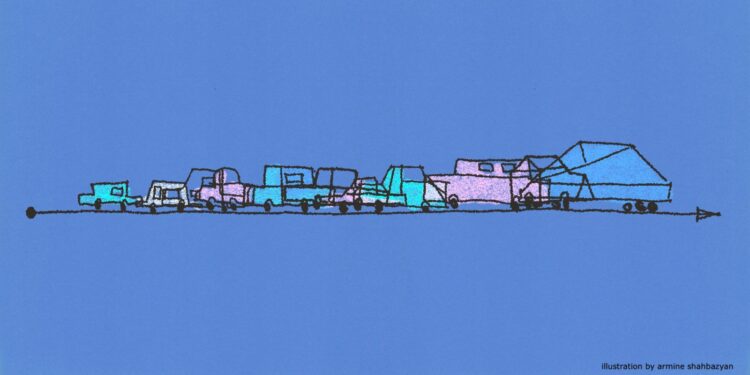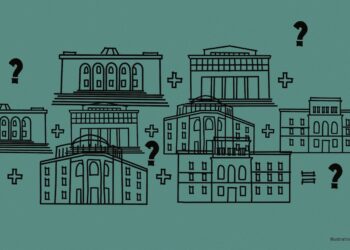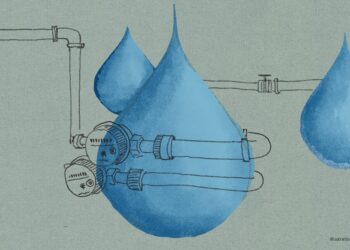Law & Society
Childcare: The Working Mother’s Dilemma in Armenia
Facing limited childcare options and short parental leave, many Armenian mothers are forced to choose between career and caregiving. Hranoush Dermoyan explores the systemic failures behind Armenia’s childcare crisis, and what it means for women, families and economic growth.
Medication Shortages and Inadequate Treatment in Armenian Prisons
Inmates in Armenia’s penitentiary system describe a pattern of medical neglect, medication shortages and systemic delays. Astghik Karapetyan investigates the failures of prison healthcare, based on firsthand accounts and reports, and the government’s reluctance to respond publicly.
“I Chose to Live”: Surviving Disability in Armenia’s Prisons
While some efforts have been made to improve conditions for inmates with disabilities, accessibility measures in Armenia’s penitentiary institutions remain piecemeal. Most facilities are still ill-equipped to accommodate people with mobility issues, creating daily challenges for those behind bars.
Behind Bars: Work and Education as a Lifeline
In Armenia’s prisons, work and education offer rare paths to purpose, income and potential early release. Astghik Karapetyan explores how inmates, including those serving life sentences, are learning trades, earning degrees and pushing for systemic change.
The Housing Program Helping to Revitalize Armenia’s Border Settlements
Armenia’s state-funded housing program is transforming border settlements, providing thousands of families with new homes while boosting local economies. With strong demand leading to expansion, the initiative is revitalizing rural communities, increasing property values, and encouraging both local and displaced residents to settle and thrive.
Anatomy of a Process: Yerevan Transportation Reform
Yerevan's ongoing transportation reform, launched in 2017, highlights the lack of strategic planning, leadership and accountability. Without a comprehensive approach, clear oversight and implementation, any reform process will not fulfill its intended goal: to benefit the public.
Reservoirs: Key to Armenia’s Water Security Amid Climate Change
Armenia faces mounting water security challenges as climate change intensifies floods and droughts. Reservoirs can play a pivotal role in managing these risks, ensuring water availability and supporting sustainable development through improved storage, infrastructure, and strategic planning initiatives. Hranoush Dermoyan explains.
Motherhood Behind Bars
Exploring the lives of incarcerated mothers at Armenia's Abovyan Penitentiary, Astghik Karapetyan delves into the challenges of raising children in confinement, the impact on maternal bonds, and the institutional efforts to balance rehabilitation with the children’s best interests.
New Law on Higher Education: Meaningful Reform or Top-Down Policy?
A new Draft Law on Higher Education and Science has ignited public debate in Armenia. While introducing necessary reforms, experts fear certain amendments could threaten the core principles of the higher education system, including academic autonomy, regional equity and free competition.
Abundance of Both Water and Mismanagement
Armenia faces growing challenges in managing its water resources. Lake Sevan, a crucial water source, is being overused for irrigation, raising concerns about long-term sustainability. Mariam Tashchyan explores the factors behind Armenia’s water crisis.












